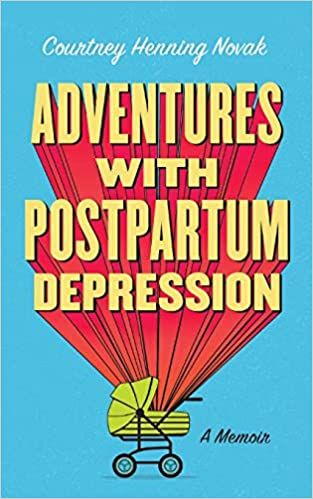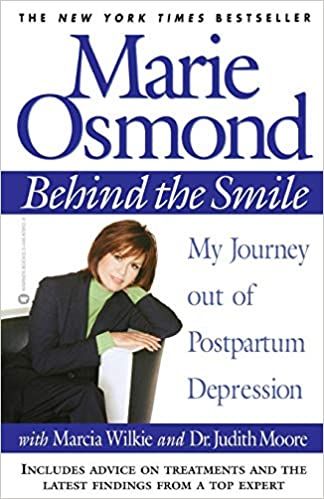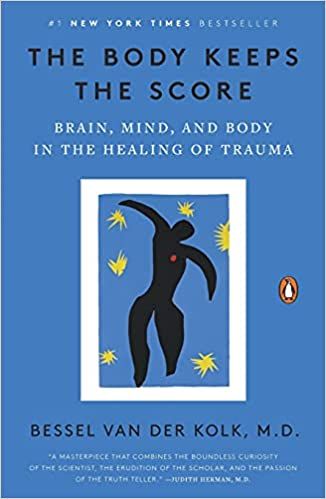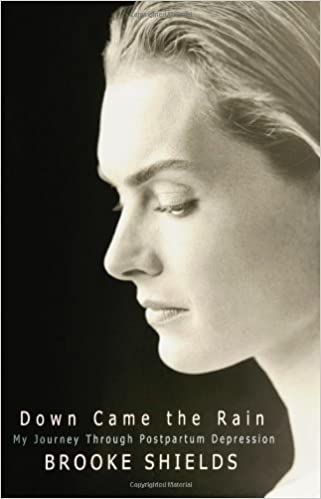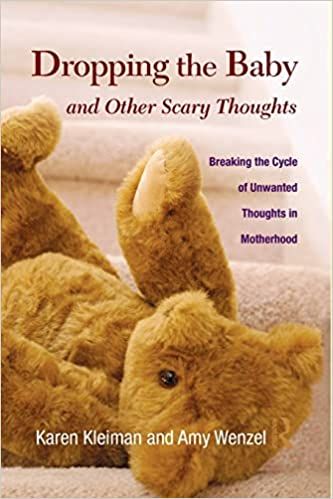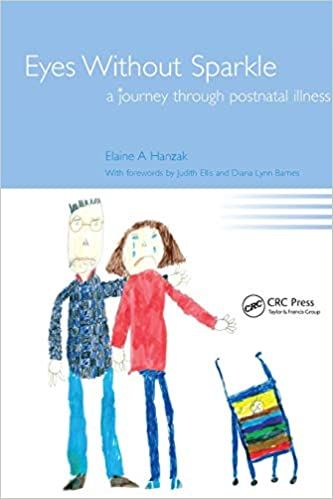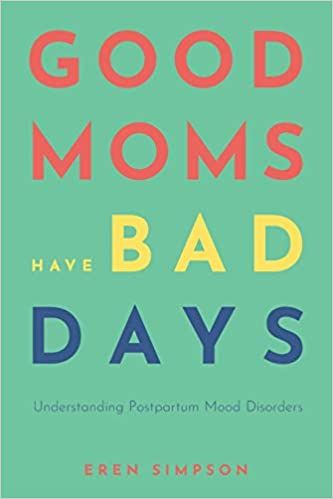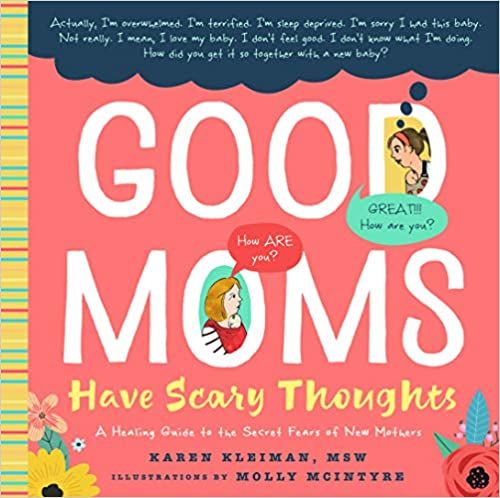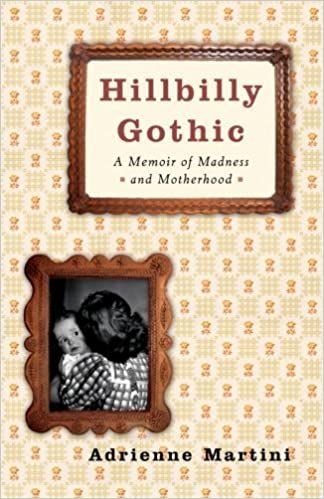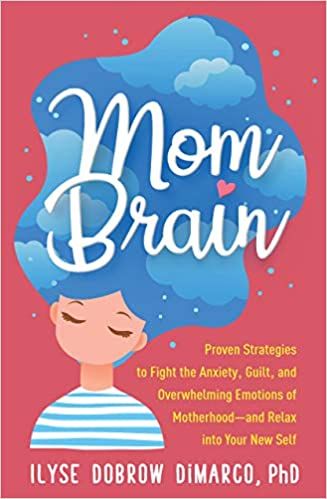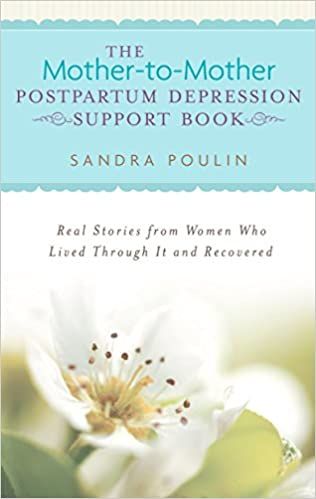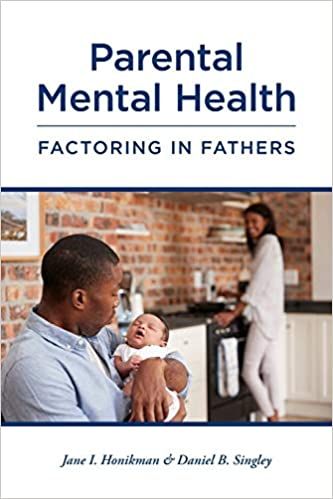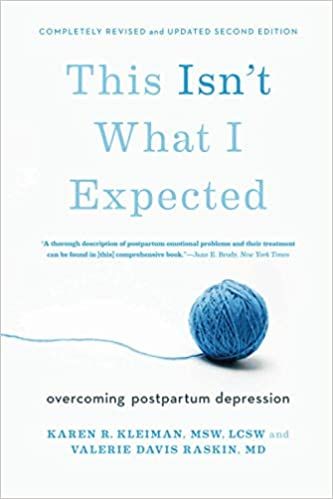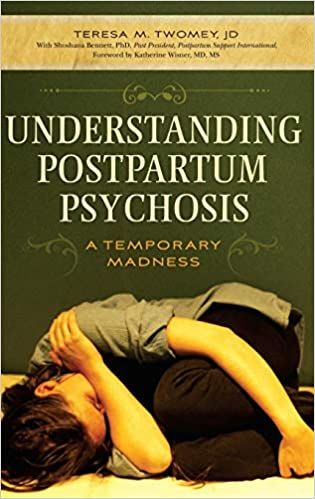Perhaps the most terrifying statistic is this: suicide and overdoses are the leading cause of death during the first year postpartum and 100% of those deaths are preventable. There’s no question that the lack of guaranteed parental leave is the top contributor to this, as it weaves among all of the reasons and challenges birthing people experience postpartum. They lack support, they lack sleep, they lack time for their bodies and brains to heal after nine months of growing a child and months after their bodies experienced trauma to birth them, and they don’t eat well. These do and do not also account for social, cultural, and financial barriers that come into play and they do and do not take into account even more recent events such as the pandemic and how it impacts access to child care and to friends and family who may have otherwise helped in sharing the work of childrearing. The United States is not a country where children or families take precedence in policy, except where it concerns the body of the pregnant person when gestating. I experienced a traumatic birth and because of that, got lucky. I had access to two additional postpartum checkups that most birthing folks do not get. It wasn’t until the six week visit, though, where I was asked about my mental health. The nurse had me fill out a survey which noted to keep an eye on my mental health because signs pointed to potential challenges down the road. But nothing was done and no conversation actually had. A big reason? I was among the 27% who begin pregnancy with a diagnoses of mental illness, and I stayed on my medication throughout. Things have not been smooth and steady. I’ve experienced significant changes in how my brain works, which impacts my mental well-being; almost a year postpartum now, I recognize this in myself and have been working to find real solutions to help me along the way. I figured out early on, for example, that breastfeeding caused me tremendous mental problems, among them anxiety and depression especially. I disliked the way I felt resentment in feeding my child and that, paired with several other layers of unhealthy thoughts, led me to making the choice not to continue and to turn to formula. It made a significant difference. I’m privileged because of the work I’ve done on my mental health more broadly, as well as my knowledge of the resources out there. But there were many days I didn’t know how I’d get through, and there are still days this is my reality. The pandemic, the lack of childcare, the lack of human companionship outside the home because of a child ineligible to be vaccinated, all piled on top of the chemical changes that happened, make me worry so much for those who don’t have these pools of knowledge and experience from which to pull. It’s not going to get better until there’s monumental government change. That all said, learning about this detrimental problem is an important step in both understanding its magnitude, understanding the ways it plays out in expected and completely unexpected patterns for each person, and how you can help yourself or someone you love who may be struggling. None of these are a substitution for help via a medical or mental health professional. It’s our responsibility and burden as individuals to advocate for ourselves in those spaces, but through knowledge gained in reading and learning about how widespread (and under-treated) the problems are, we better have tools to do just that. Those tools for advocacy behind an office door are the same ones necessary to spark political change. And yes, paternal/non-birthing person mental health is impacted by such a huge life event. They, too, can suffer, but because of how little knowledge, awareness, and action there is for birthing people on the manner, you can only imagine how this is even further under the radar (and we can add gender norms and socialization as contributing factors, too). This is a paltry list, despite length, and it’s one that needs more titles from a wide range of people to even begin to scratch the surface of the reality of this mental health crisis. It’s very white and relies on gendered language surrounding birthing people (we still use “maternal” mental health, despite the fact not all birthing people are mothers). Though these aren’t books, the Maternal Mental Health Leadership Alliance offers an array of resources for individuals, including several for BIPOC people specifically.
